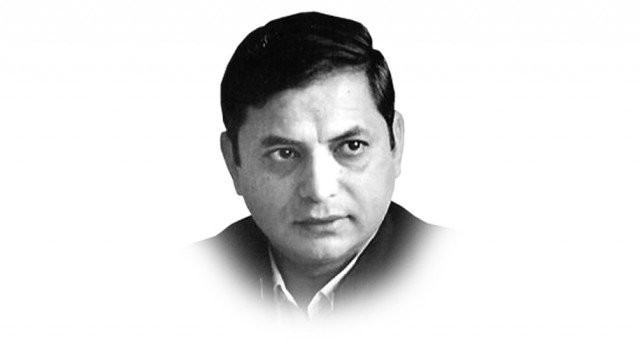The Swiss cases saga

The adversary procedure requires the opposing sides to cross-examine witnesses. Each side is responsible for conducting its own investigation. In criminal proceedings, the prosecution represents the people at large and has at its disposal the police department while the defence must find its own investigative support to contest the prosecution evidence.
In contrast to the progressive unfolding of evidence that occurs through the discovery process in the American common law system, there is no formal civil-law counterpart to discovery. Nor, in most cases, is there any single event that the common-law lawyer would recognise as a trial. Instead, a civil-law civil action is a continuing series of hearings and written communications through which evidence is evaluated, testimony is taken, and motions decided. The concept of a highly concentrated and dramatic trial in the common law sense is not emphasised. Thus, a lawyer who wishes to question a witness must submit articles of proof describing the scope of potential questions. The witness will be questioned at a later hearing at which the judge will ask the questions. Cross-examination is uncommon.
Instead, the opposing counsel’s role is to ensure that the record summary of the evidence is correct. The judge supervises the collection of evidence and preparation of a summary of the record on which a decision will be based. Since there is no pre-trial phase of the proceeding, the evidence is not discovered in the sense understood by common-law lawyers. Instead, the parties submit proposed evidence to the judge in writing or at oral hearings, and the judge delivers rulings concerning the relevance and admissibility of evidence. Admissible evidence is presented, for the first and only time, in the final hearing that constitutes the trial.
Furthermore, civil-law procedure does not emphasise the need to have a single-event trial because there is no need to convene a jury to hear the evidence and apply the law to the facts. The absence of the civil jury also helps to explain the relative lack of restrictions on the admissibility of evidence in the civil-law system. Hearsay and opinion evidence is more freely admitted than in common law systems. Issues of evidentiary weight are left to the judge. Under the Swiss laws anyone may apply to become a civil party in a criminal prosecution if he claims, for instance, proceeds of the crime to be the monies owing to him. The government of Pakistan claimed the plundered amount belonged to their national exchequer. The decision to include the government of Pakistan as a civil party to these criminal proceedings was appealed by Benazir Bhutto but the appeal was disallowed.
Published in the Express Tribune, June 3rd, 2010.

















COMMENTS
Comments are moderated and generally will be posted if they are on-topic and not abusive.
For more information, please see our Comments FAQ